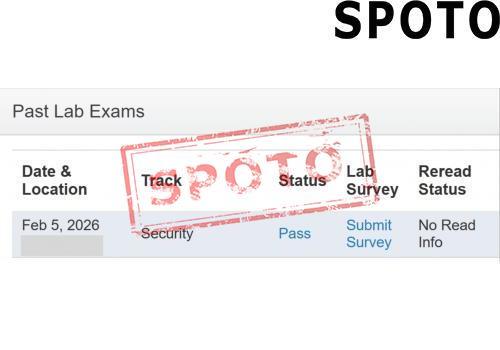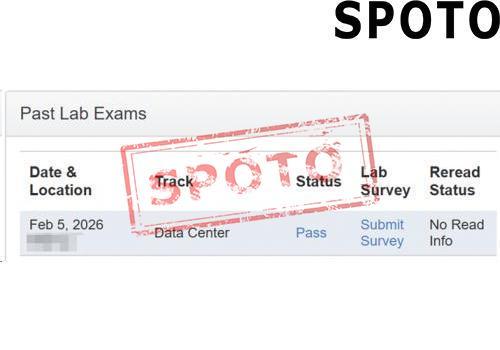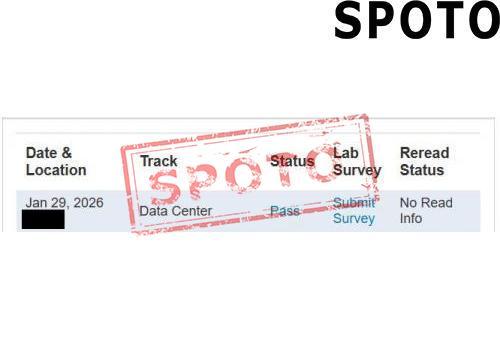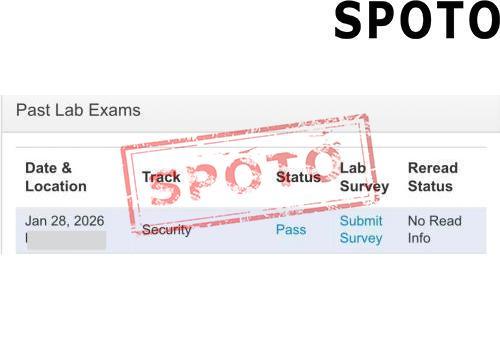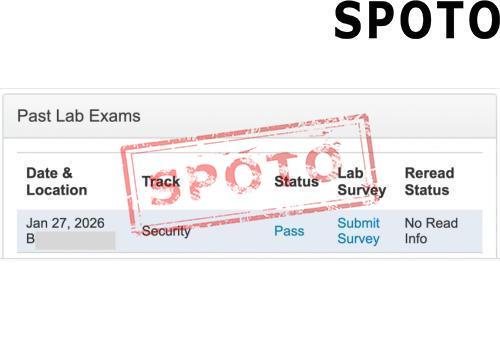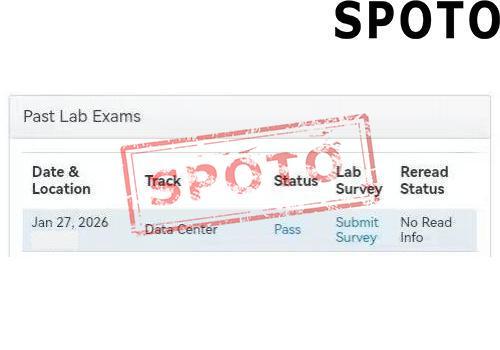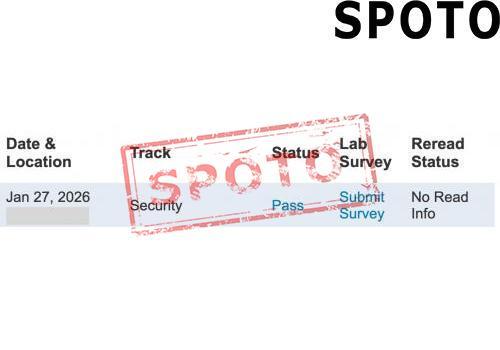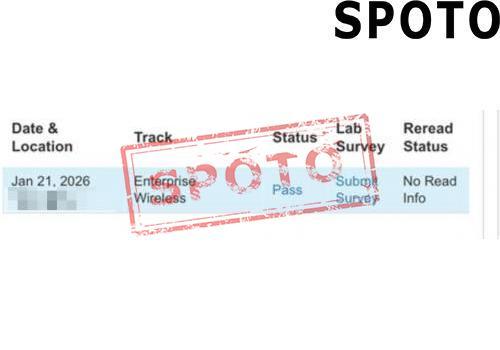
Table of Contents
This article will introduce you to what a Penetration Tester is, the career information of a Penetration Tester and the necessary conditions to become a Penetration Tester.By reading this article, you will gain an in-depth understanding of the profession of Penetration Tester.
1. What is a Penetration Tester?
Penetration Tester is an information technology technician who helps enterprises or organizations detect, identify and resolve network security vulnerabilities that affect their network systems or may damage their digital assets.
2. What does a Penetration Tester do?
Penetration Testers are cybersecurity professionals who simulate hacker attacks to identify security vulnerabilities in systems, networks, and applications. They assess targets in an authorized manner, use a variety of tools and techniques to attempt to intrude to discover potential weaknesses, and then provide detailed reports and improvement recommendations to help organizations strengthen their protection measures. They play a key role in preventing corporate data leaks, network system compliance reviews, and overall cybersecurity strategies.
3. How much does a Penetration Tester Make?
The estimated total annual salary for a penetration tester is $150,547, with an average annual salary of $113,389.Payscale reports that base salaries for pentesters are typically close to $90,000 per year. The lowest-paid (bottom 10%) pentesters make around $70,000 per year. The highest-paid (top 10%) pentesters can make up to $125,000 per year. Pay levels tend to be higher in metropolitan areas and leading tech hubs.
4. Job Outlook of Penetration Tester
The job market demand for Penetration Testers is very large. In order to prevent the company from facing network dangers, various companies are actively seeking talents in related fields. Penetration Testers are facing a talent shortage in this field. The U.S. Bureau of Labor Statistics (BLS) includes penetration testing in the scope of responsibilities of information security analysts. According to statistics from the U.S. Bureau of Labor Statistics (BLS), the demand for information security analysts will increase by 35% from 2021 to 2031. The BLS also reported that the median annual salary for information security analysts in 2021 was $102,600.
5. What Are the Qualifications to Become a Penetration Tester ?
(1) Obtain a Bachelor's Degree
A bachelor's degree in computer science, cybersecurity, or a related field, a related technical field, or equivalent practical experience is essential to becoming a Penetration Tester. Programs in these degree programs can provide relevant courses in the skills required for the position.
(2) Develop professional skills
Due to the particularity of the Penetration Tester profession, employers often require job seekers to have corresponding computer network system skills when recruiting. First, they need to understand specific computer languages, such as Python, Powershell, Golang, and Bash. Secondly, Penetration Testers also need to have experience in network protocols, Windows/Linux/macOS, firewalls, IPS/IDS systems, virtual machine environments, data encryption, and iOS, Android, and mobile operating systems. In order to ensure the compliance and legality of corporate network systems. Finally, it is also crucial for Penetration Testers to understand common penetration testing and application security tools, including Aircrack-ng, Kaduu, Kali, Metasploit, and Burp Suite.
(3) Earn Industry Certifications
Obtaining a certification that is highly recognized by the industry can prove your professional ability and ability to perform the position, and can also enhance your competitiveness in the workplace. Therefore, we recommend that you obtain the Cisco CCIE Security certification certification.This certification demonstrates your mastery of the planning, design, deployment, operation, and optimization of complex enterprise security network solutions.
6. Similar Occupations of Penetration Tester
- Security Analyst
- Security Architect
- Cybersecurity Consultant
- Vulnerability Analyst
- Ethical Hacker
- Security Software Developer
- Threat Intelligence Analyst
- Incident Responder
- Information Security Manager
- Network Security Engineer
